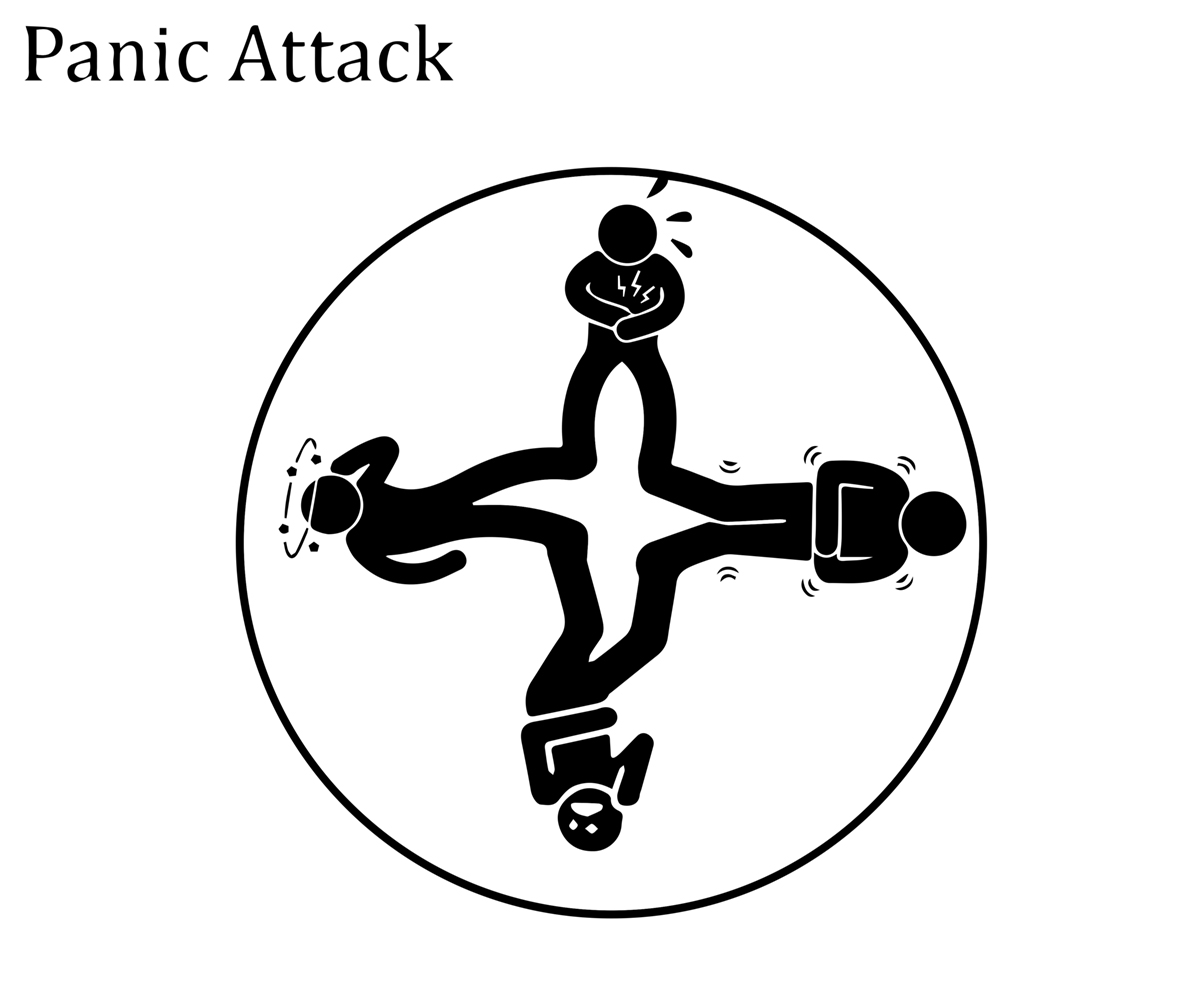
Introduction
Panic attacks may differ significantly from person to person. In some cases they may last only a few seconds, in some other cases they may unfortunately last for several days. The attack may also start suddenly or it can build up gradually over the course of a few hours. Pressure and discomfort are common sensations in all cases of panic attacks. Specific types of fear sometimes trigger panic attacks, but in some other cases, they may occur for no apparent reason. Panic attacks are also associated with embarrassment. Panic attacks are sometimes observed as acute episodes of anxiety as well. Fortunately, all panic attacks can be managed and treated.
Signs and Symptoms
The most common signs and symptoms of a panic attack usually involve a sense of uneasiness followed by, troubled breathing, increased heart rate and excessive sweating. Some people may experience dizziness and blurry vision. Panic attacks can easily lead to unconsciousness, dizziness, vomiting, nausea, asthma, strokes, heart attacks, headaches, hot flashes and other similar medical conditions and problems. Some people tend to be physically and verbally abusive while they are experiencing a panic attack. Most sufferers try to hide their problem.
Causes
Among the most common causes of panic attacks are phobias and anxiety disorders. Some events from the past of a person’s life may be related to the development of panic attacks but it is not necessarily always the case. In most cases, panic attacks are triggered by some sort of a physical problem, so the attack itself is only a symptom of some other underlying medical condition of physical illness. The most common physical conditions affiliated with the onset of panic attacks include drug addiction, alcoholism, too much caffeine, nutritional imbalances, poor dietary habits, lack of physical exercise, pregnancy, menopause, puberty, hypertensions, hypoglycemia and diabetes. If a person suffers from panic attacks, they need to see a medical specialist to analyze their symptoms
Prevention
In order to prevent the panic attacks from occurring, one needs to either avoid the circumstances that trigger them or treat the underlying medical condition which causes it. Certain techniques and methods may be helpful in stopping the panic attack and those include thinking of something funny, whistling, singing a song, running a 100 yards, laying down, shutting the eyes, drinking a cold glass of water, drinking a cup of hot tea or perhaps hyperventilating on purpose.


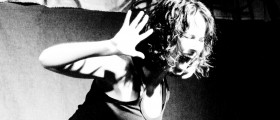

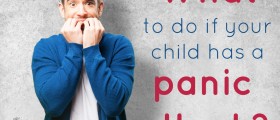

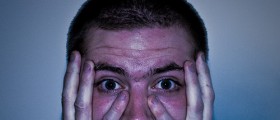



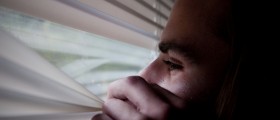
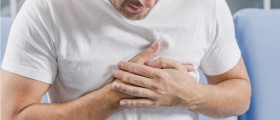



,-Asthma-And-Anxiety_f_280x120.jpg)
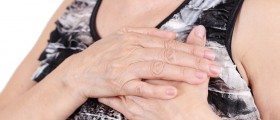
Your thoughts on this
Loading...